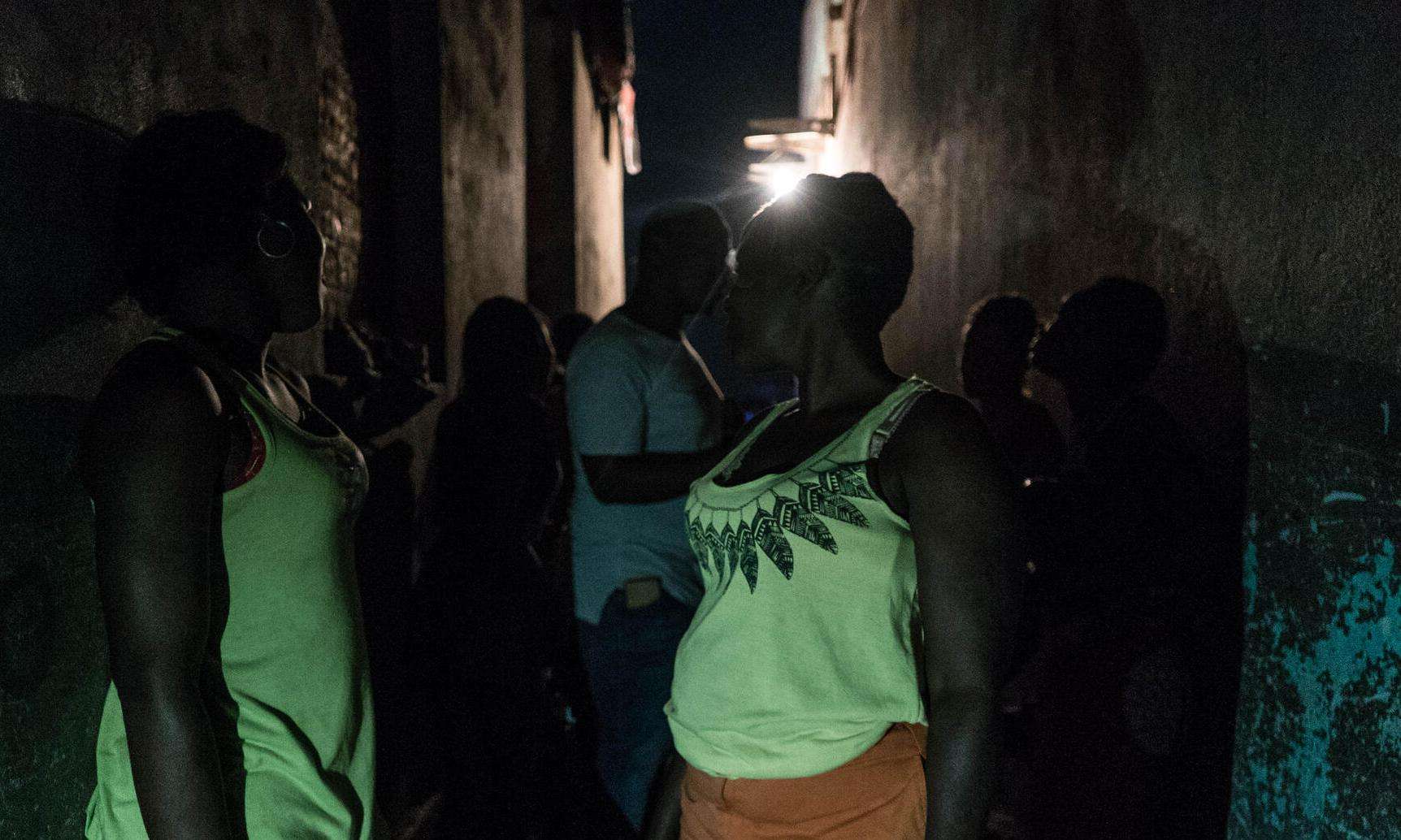NEW YORK/BEIRA, NOVEMBER 22, 2022—Following a series of brutal murders over the last two months that have seemingly targeted women in the city of Beira, Mozambique, the international medical humanitarian organization Doctors Without Borders/Médecins Sans Frontières (MSF) condemns the killing of two sex workers who were MSF patients.
The two women who were killed were part of MSF's community program for people who are at higher risk of contracting HIV/AIDS or may be excluded from accessing basic health care elsewhere, including sex workers, men who have sex with men, and at-risk youth. People in these marginalized groups are often isolated, criminalized, and subjected to stigma, discrimination, and violence.
Following the killings, MSF teams stepped up health education activities and trainings on sexual and gender-based violence (SGBV) prevention and care for sex workers and are working with local authorities like the police and other organizations in Beira.
“We are outraged that the killings seemingly targeted highly vulnerable women in Beira," said Jessie Ashay Kurnurkar, MSF project coordinator in Beira. "Two sex workers served by our work have been murdered in a matter of weeks. Their peers have identified them as a 32-year-old sex worker from Zimbabwe who leaves behind a 4-year-old daughter. The other victim, a 22-year-old Mozambican sex worker, leaves behind three daughters and a son. We call for an end to violence and greater safeguarding for sex workers."
Mozambican police are investigating the series of killings in various areas of Beira since September, but fear still grips the community.
“We’re not living freely,” said Maria,* a sex worker living in Beira. “We’re not leaving our houses anymore. When we do leave, we try to walk in groups. At night, we are not opening our doors for customers because we’re scared, so we’re losing work. How are we going to make ends meet? How are we going to pay rent? We are traumatized. My peer who was murdered left three daughters behind.”
Through MSF’s medical humanitarian work in Southern Africa on HIV, tuberculosis, SGBV, and migration, MSF teams have witnessed the intense and chronic vulnerability of women, men, and transgender people engaged in sex work. In Mozambique, South Africa, Malawi, and Zimbabwe, MSF teams have seen how they face extreme violence and exploitation precisely because they survive in the shadows, especially if they are migrants. For as long as sex work remains criminalized and stigmatized, the physical and mental health of hundreds of thousands of sex workers and vulnerable girls and women in Southern Africa will suffer.
“Just like other highly stigmatized groups in society, sex workers mostly avoid making themselves visible to authorities and often delay or avoid health care services due to the fear of being detected, targeted, and rejected,” said Lucy O’Connell, a sexual and reproductive health care nurse and key populations advisor for MSF’s Southern Africa Medical Unit. “We have seen how their preventable and treatable illnesses risk becoming more complex and dangerous because of this cruel reality. We know that many sex workers don’t report SGBV or seek treatment after violence because of fear of being victimized again.”
Patients who experience SGBV need medical care within 72 hours after the incident in order to prevent unwanted pregnancies, possible HIV infection, and to get mental health counseling. In addition, HIV patients who delay seeking care risk deteriorating health and present a greater risk of spreading the virus to others. Sex workers and vulnerable people need to have safe spaces to seek health care and report SGBV cases.
MSF calls for increased safety for people engaged in sex work in Beira and elsewhere in Southern Africa, as well as the mobilization of authorities, civil society, and non-governmental organizations in the region to help ensure their health and wellbeing.
*Name has been changed to protect privacy.
MSF has been working in Beira since 2014 and provides sexual and reproductive health care, including HIV testing and treatment and safe abortion care.

